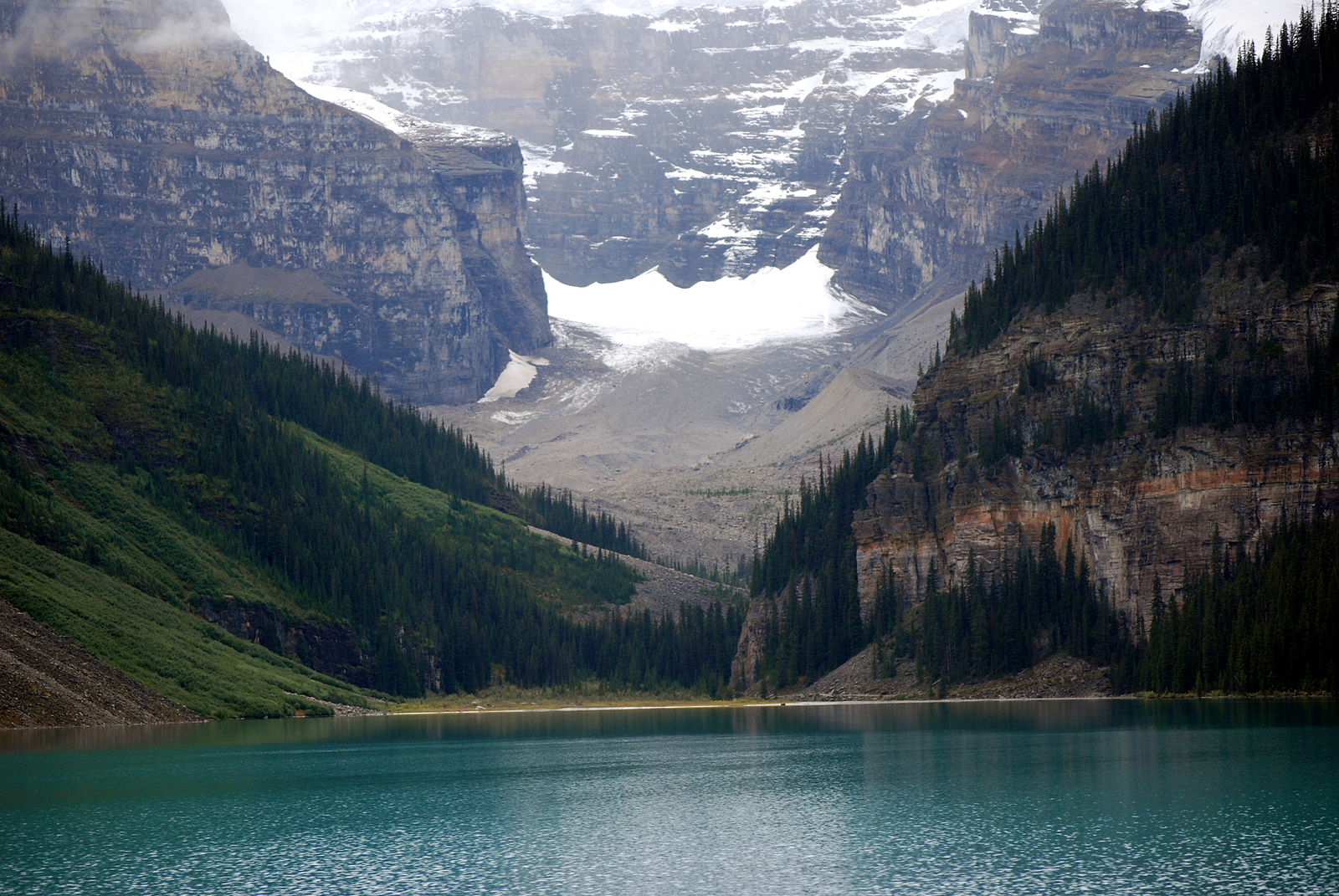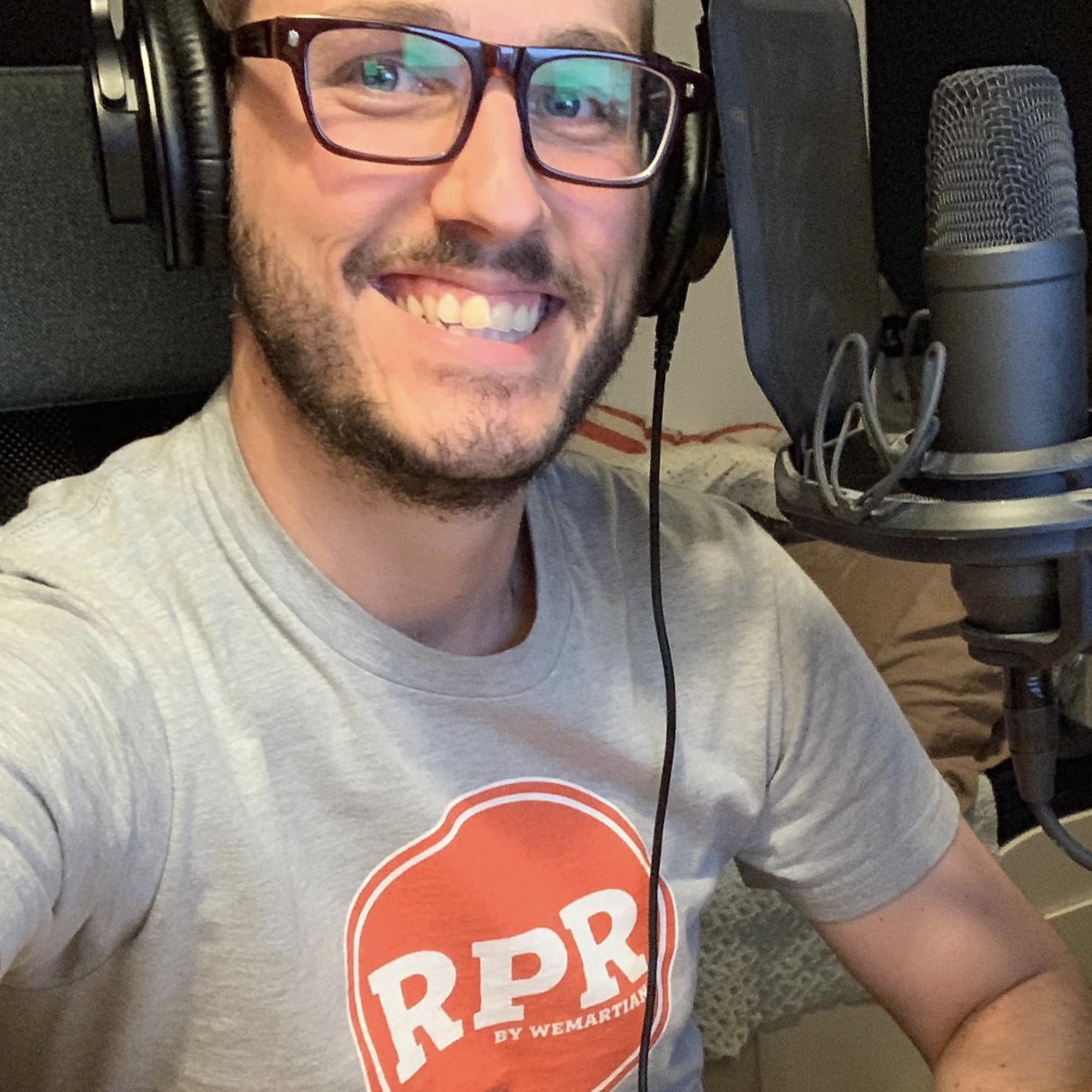
The Glacier at Lake Louise (Credit:Harvey Barrison, Creative Commons https://commons.wikimedia.org/wiki/File:The_Glacier_at_Lake_Louisein_the_Canadian_Rockies.jpg)
As population growth, globalization and climate change make our world increasingly complex, our knowledge of the Earth becomes more valuable with each passing day. Geosciences already play a central role in making Canada and the world safer and more productive. They help prevent landslides on British Columbia’s Sea to Sky highway, forecast droughts in the Prairie Provinces, measure sea-ice loss in Canada’s North, and make sense of the complex environmental systems of the Great Lakes, which contain one-fifth of the world’s fresh water supply and produce over $7.5 trillion in gross domestic product (GDP).
But, studying the Earth comes with a built-in obstacle. We only have one! Sample size is a key part of good science. Imagine being tasked to learn everything you could about dogs, but having only your pet corgi to do it with! Humans are pretty smart; they can deduce a lot from a single sample. But if inexplicably your Corgi’s favourite snack was broccoli, could you reasonably assume the same for all dogs?

Jake Robins
Jake Robins is a Vancouver-based space fan and science communicator.
He hosts the WeMartians and Off-Nominal Podcasts, spends his weekends hiking, and can’t stop thinking about Mars.
This is why our solar system matters. A vast array of planets, moons, asteroids and comets orbit our Sun. By studying these worlds, we learn what’s true about all planets and what’s just special about Earth. Take for example the Hadley cell, an atmospheric current that brings warm air from the equator to our mid-latitude regions. It turns out, the Hadley cell is also found on Mars, Venus, and even Saturn’s moon, Titan! On the other hand, plate tectonics like the ones forming Canada’s mountain ranges, as we know them now, are unique to Earth.
And if space matters so much, the natural next question is “who should do it?”. Here on Earth, there are few places with a more diverse geology than Canada. Some of the oldest rocks in the world, over four billion years old, are found in the Northwest Territories. We can study the scars of the most recent ice age, whose glaciers carved the Canadian Shield and created the many lakes of Manitoba, Ontario and Quebec. Canadians enjoy a Pacific subduction zone creating volcanos like Mount Garibaldi and can walk among ancient impact craters like the Sudbury Basin. Our backyard is a geologist’s dream come true, and it gives us a head start in becoming world-class scientists.


